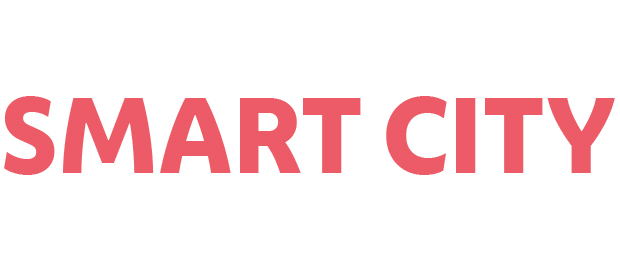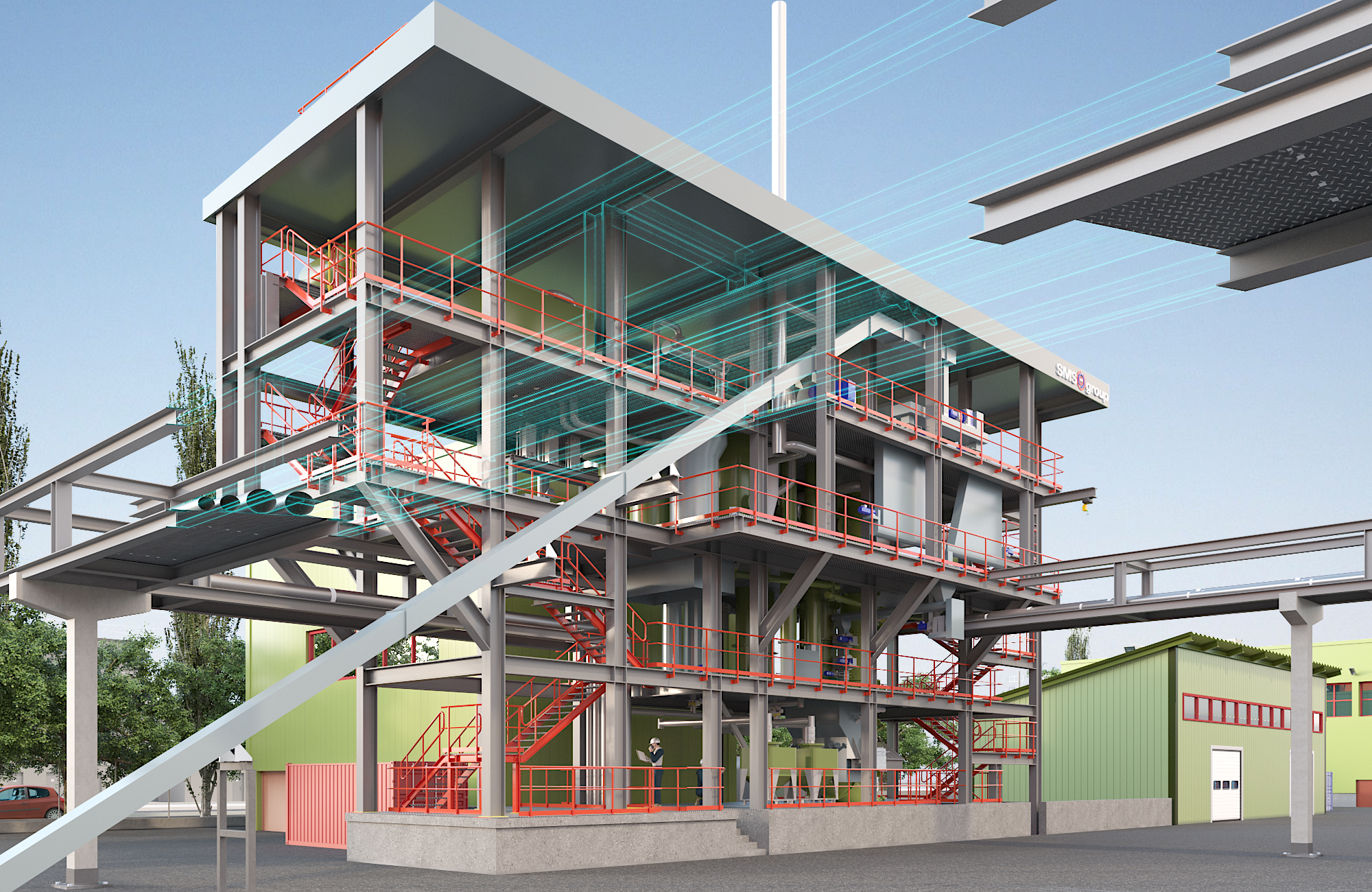The Waste2Value project upcycles residual waste into eco-friendly, CO2-neutral fuels. A pilot plant in Vienna’s Simmering district employs a thermochemical gasification process to convert waste materials into so-called syngas. In a second process step, the syngas can be upcycled into a wide range of liquid fuels – including green diesel and kerosene, green natural gas and green hydrogen – which can subsequently be used in the transport sector and/or the energy industry. These fuels are 100% renewable if the feedstock is from renewable sources. Waste2Value is piloting the use of sewage sludge, residues from the pulp and paper industry and damaged timber. However, another option would be to add non-renewable fossil-based waste such as non-recyclable plastics, which would allow this kind of waste material to be recycled.
Unique pilot plant for green fuel production
The plant is the first of its kind in the world designed to research the entire process chain, from waste materials through syngas production and synthesis of the fuel, through to fleet trials by Vienna’s public transport operator Wiener Linien. The project findings will pave the way for industrial-scale application of this technology by Vienna’s energy utility, Wien Energie. The various upcycling pathways to create CO2-neutral green diesel and kerosene, mixed alcohols, synthetic green natural gas and green hydrogen all play a role in the City of Vienna’s decarbonisation strategy, a central pillar of the Smart City Wien Framework Strategy.
Technology paves the way to a circular economy
Given that Austria is a richly forested country, thermochemical production of synthetic gas harbours great potential with regard to decarbonisation of the national economy. The pilot plant on the premises of Wien Energie’s hazardous waste incineration facility in Vienna-Simmering was designed by BEST – Bioenergy and Sustainable Technologies GmbH and built by the SMS Group. Other project partners include paper producer Heinzel Paper, Wiener Linien, the local utility company Wiener Netze and the Austrian Forest Authority, with TU Vienna and Luleå University of Technology in Sweden as the scientific partners.
Contact
BEST – Bioenergy and Sustainable Technologies GmbH
E-Mail: office-wien@best-research.eu
Website: www.best-research.eu
This post is also available in: German




